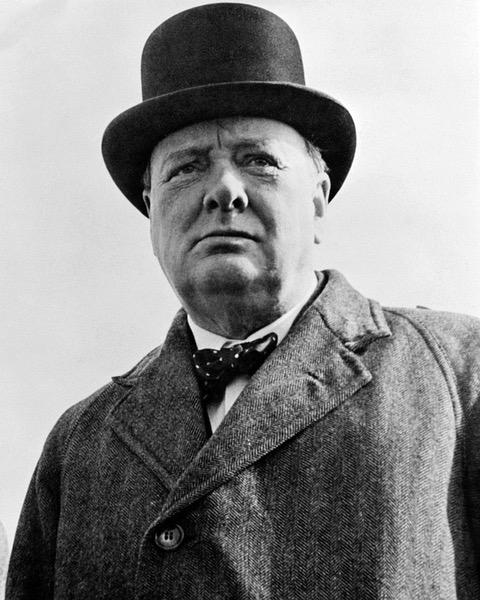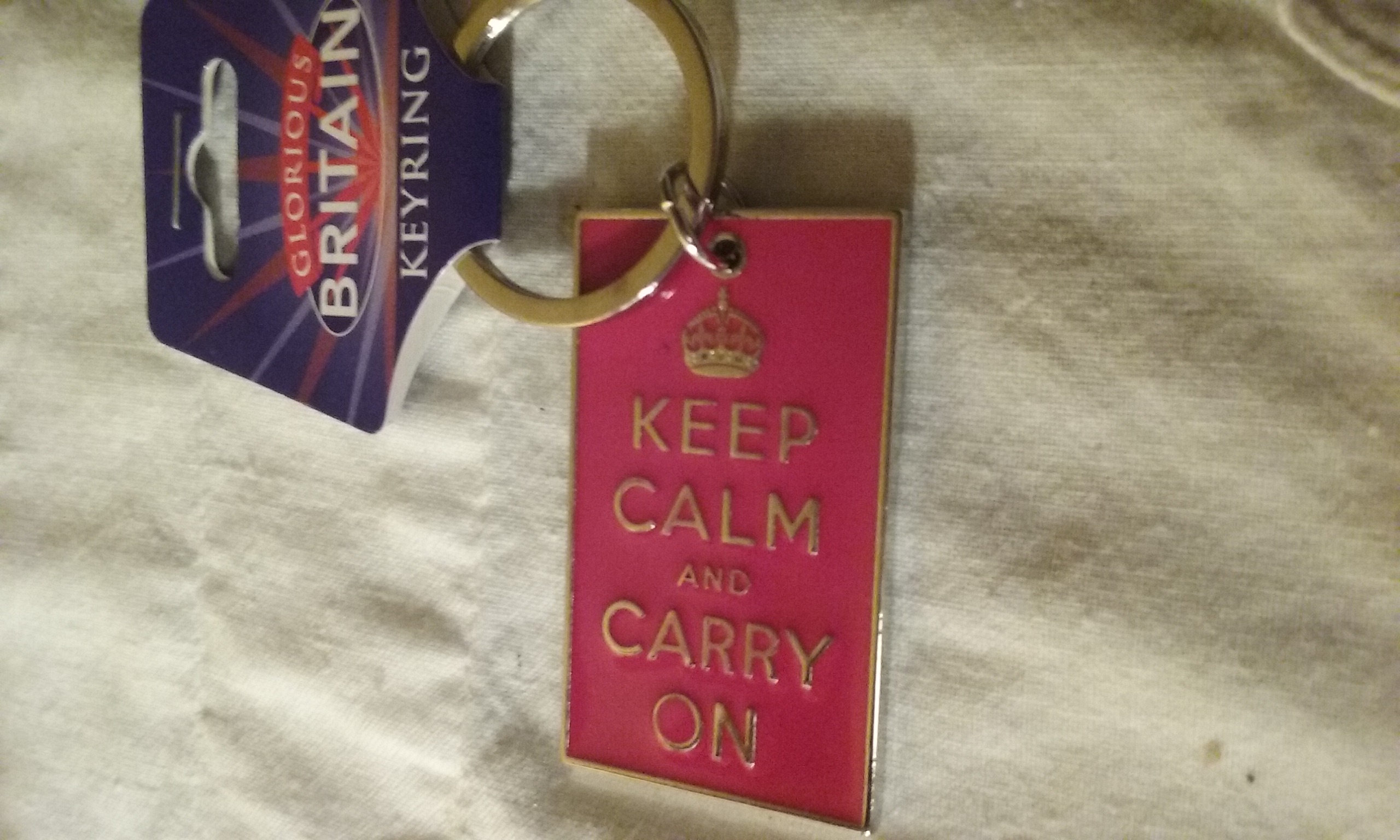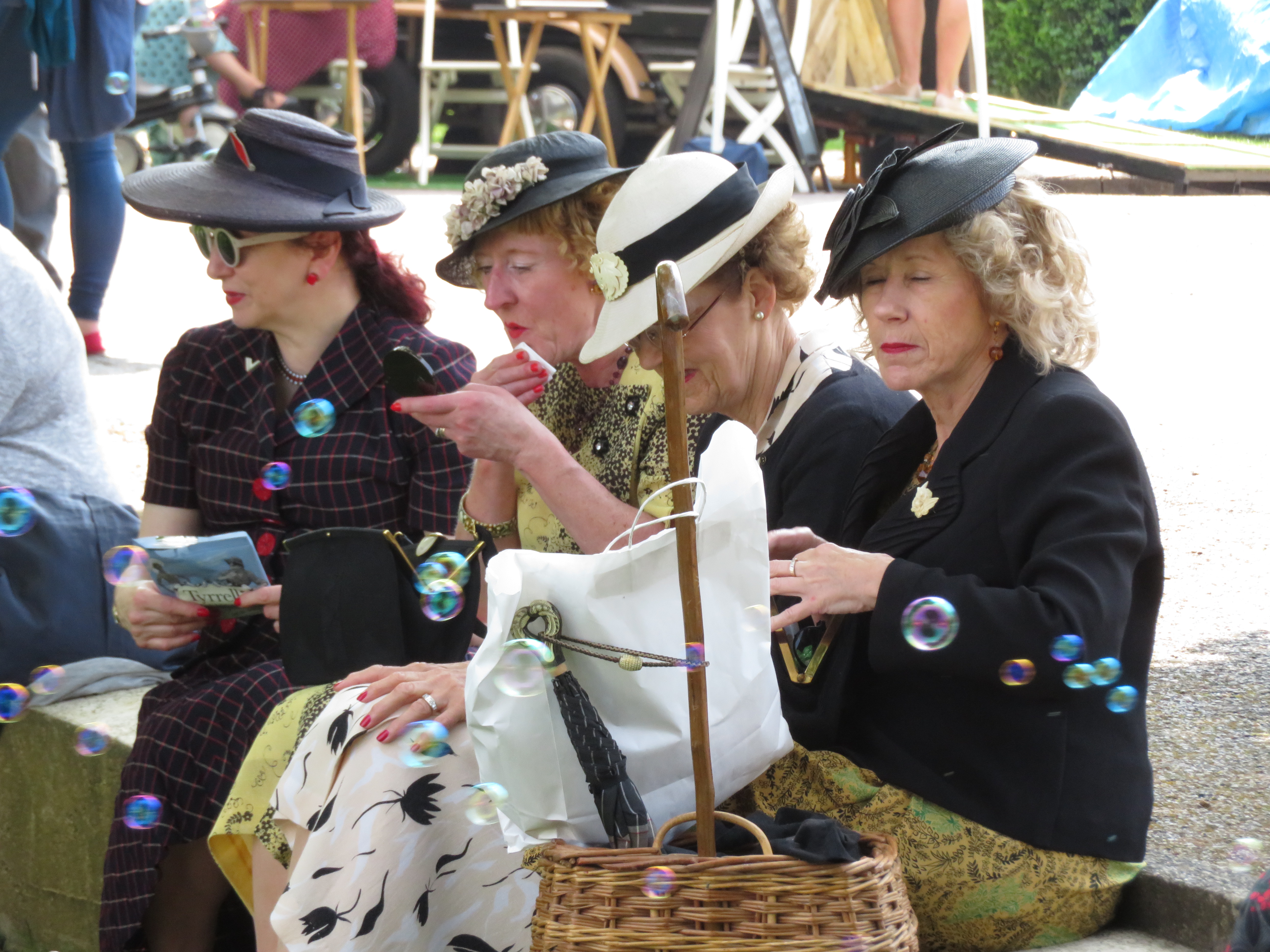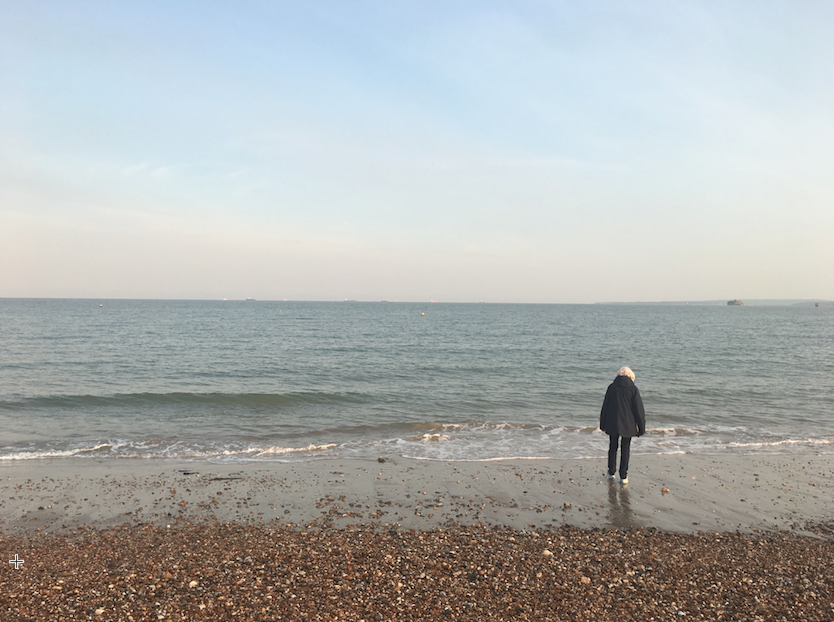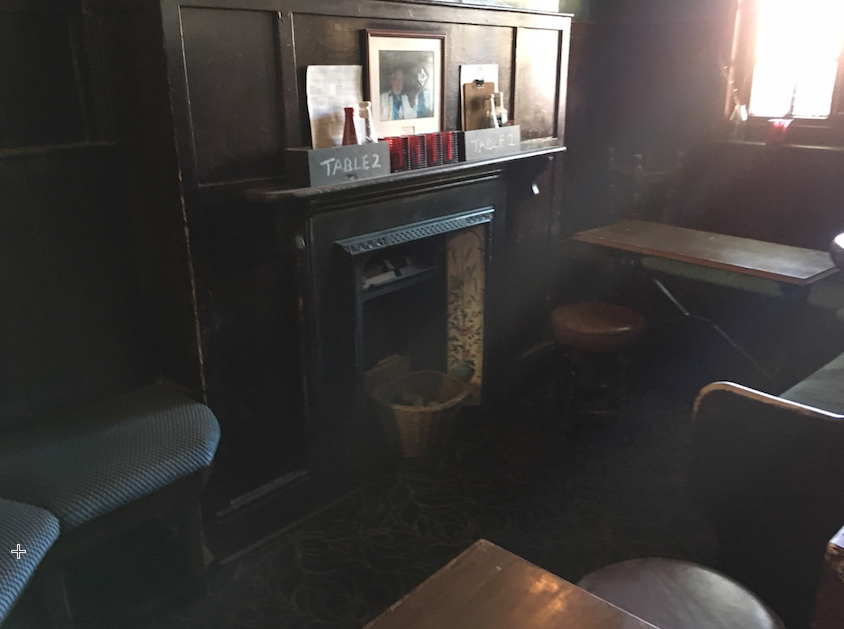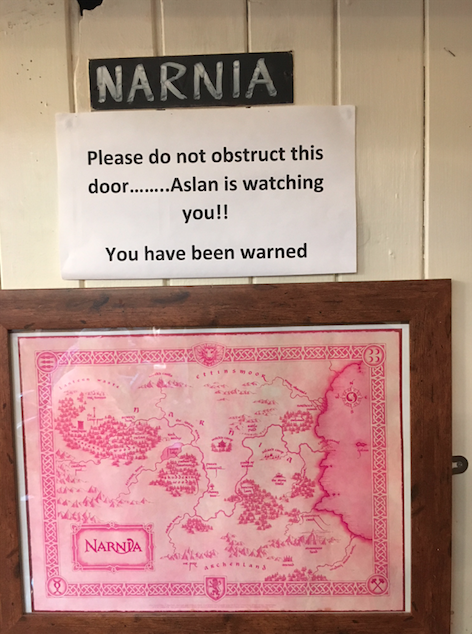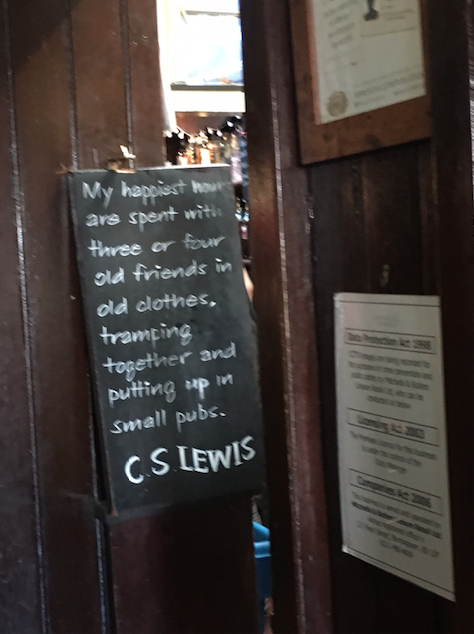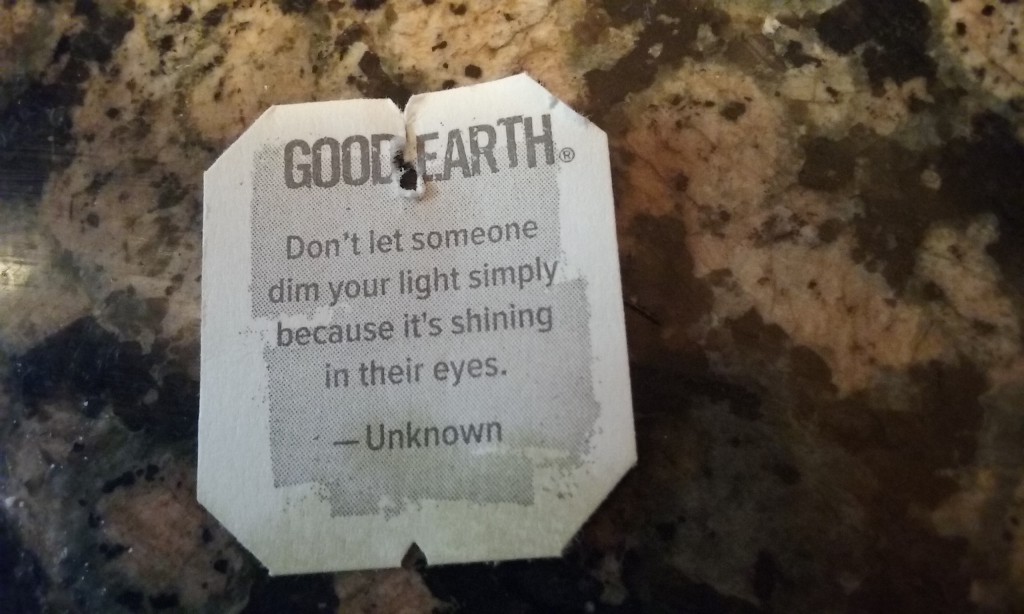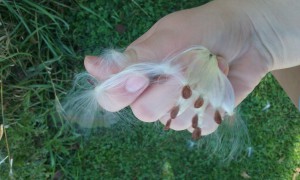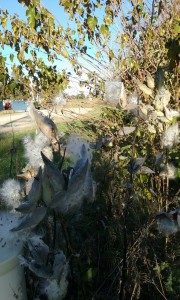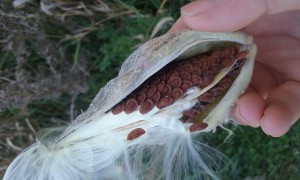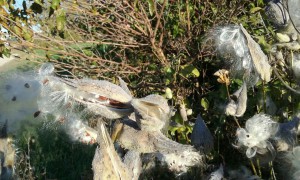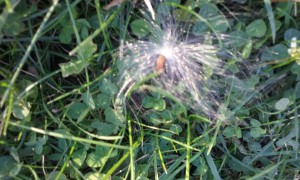Look closely at this photo of some fall veggies sitting on my counter to see a metaphor for the writing life:
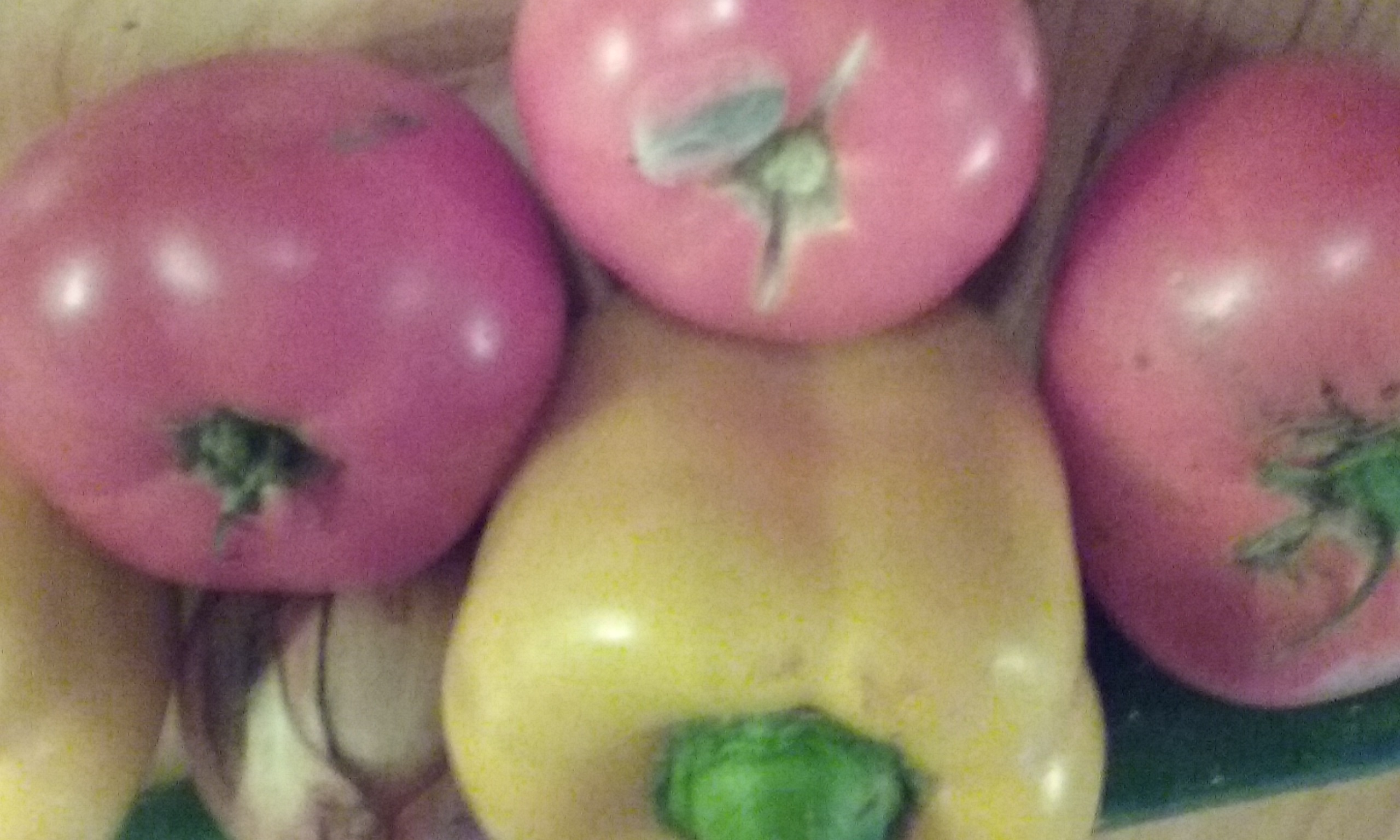
On the top tomato, do you spy a whitish, fuzzy object? It’s hard to get a good shot of this. Let me have my husband try.
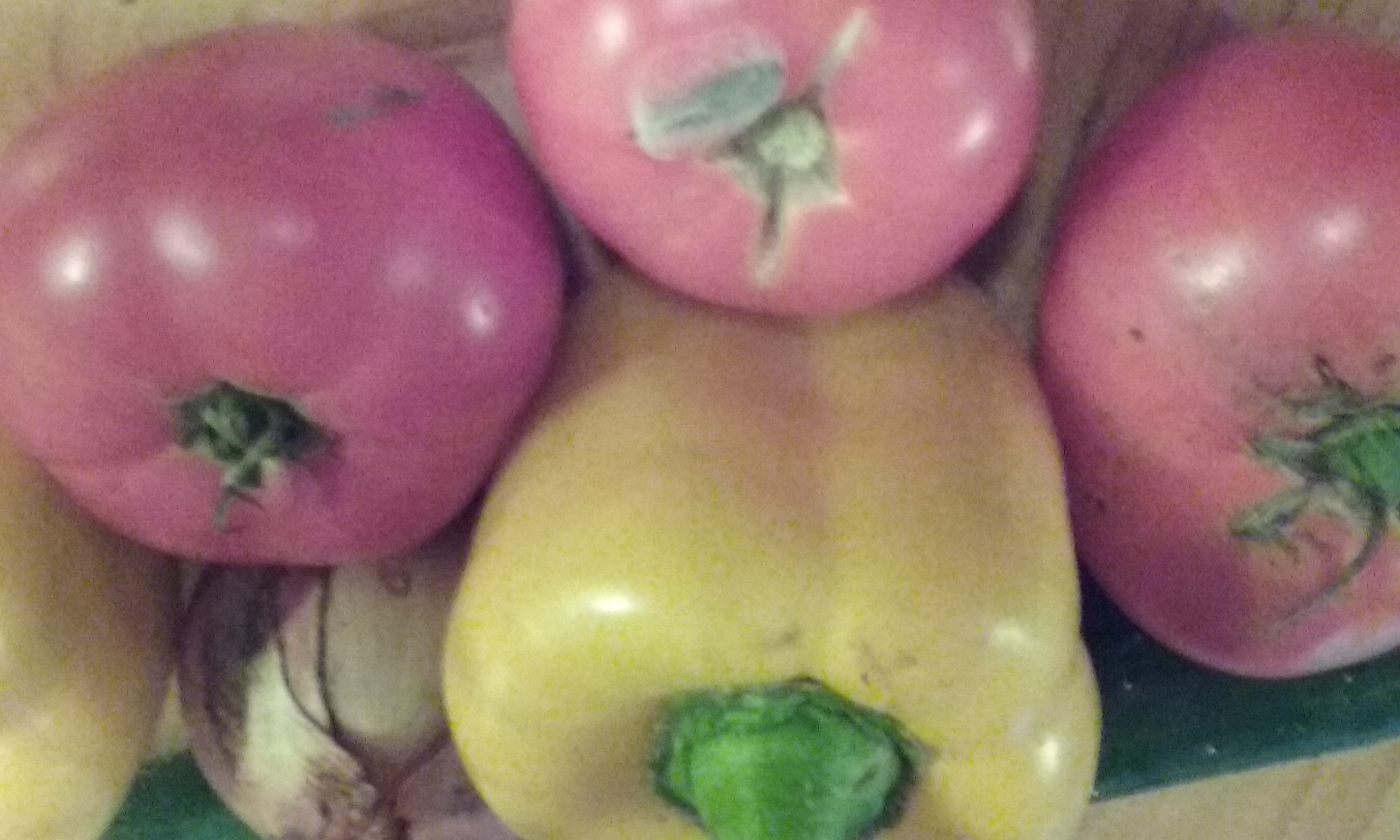
Hmm… maybe a little clearer. Or not…
When I picked that top tomato from our vines sprawling wa-a-a-y out of control, this small caterpillar attracted my attention. Spinning away, in the business of transformation.
That’s how my days pass–spinning stories, except when I surface to instruct a class, facilitate a writing workshop, or attend a grandchild’s ballgame. On September 10, 17, and 24 this year, I have the joy of interacting with an incredible group of writers at an Iowa State University OLLIE class. Such fun discussions–wish I lived closer!
Spinning, spinning…that’s my task, weaving the threads of characters’ lives together. Or in the case of the WWII nurse I’m writing about now, discovering how the actual threads of her life carried her through the horrors of war. Five long years she gave to the effort–the best of her twenties.
This past week, I had the privilege of hearing this incredible woman’s voice in a DVD as she spoke to a group in her later years. Oh my! What a memory she had…what a lovely, intriguing woman. I’m indebted to her daughter, who sent me that video presentation, along with photos and information.
In November, I get to meet this daughter, and possiblly her brother as well. I’ll be facilitating a writing workshop at the Joliet, IL library, and be able to walk the streets Dorothy walked during her post-war life, see her photo albums, touch the many campaign badges she earned…
And it will all center on spinning.
Interesting that I’m a disaster at sewing, and after several knitting lessons, never did master that precise art.
But I am spinning, always.

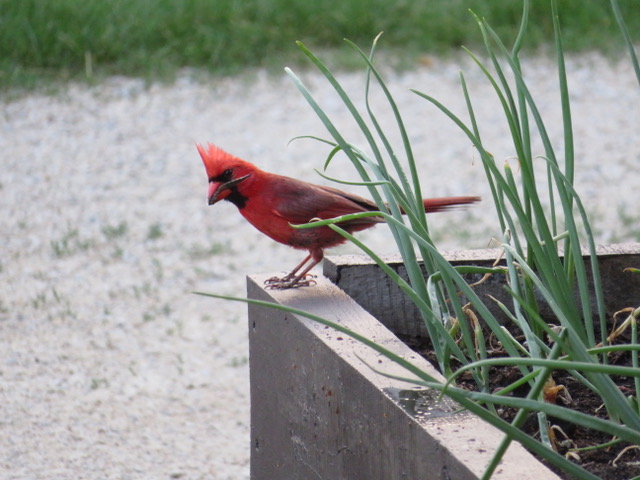

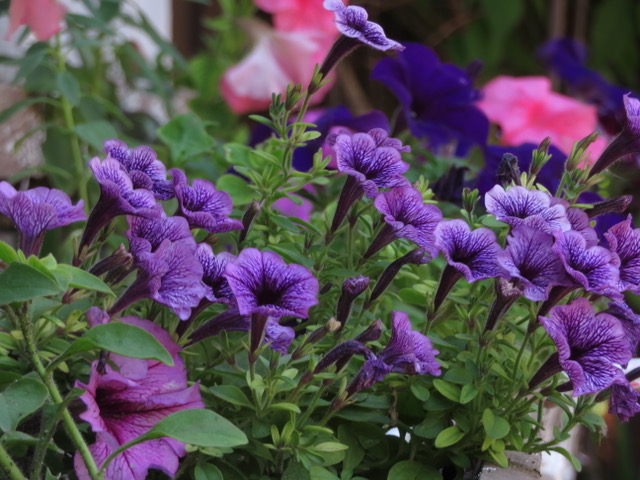 And here come the
And here come the 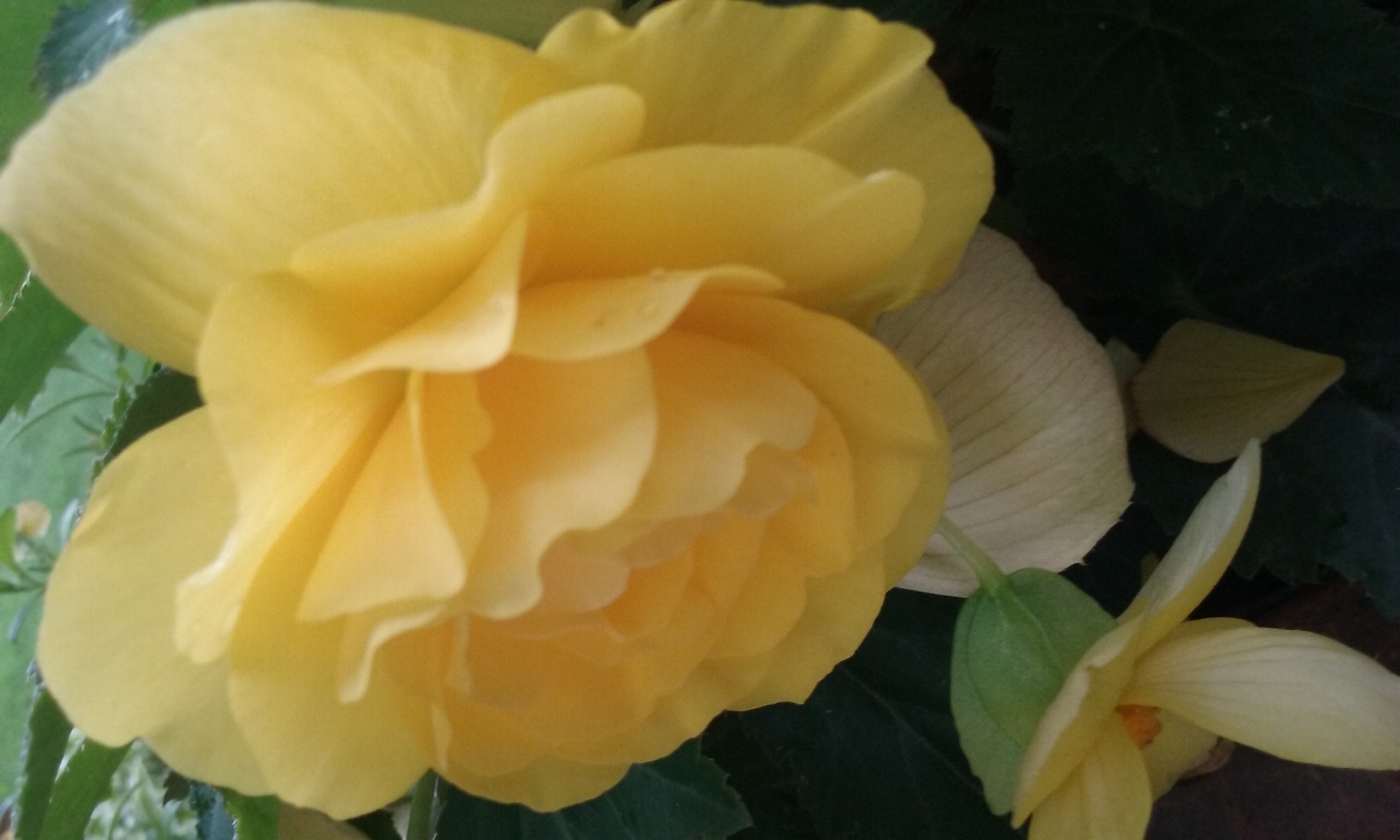
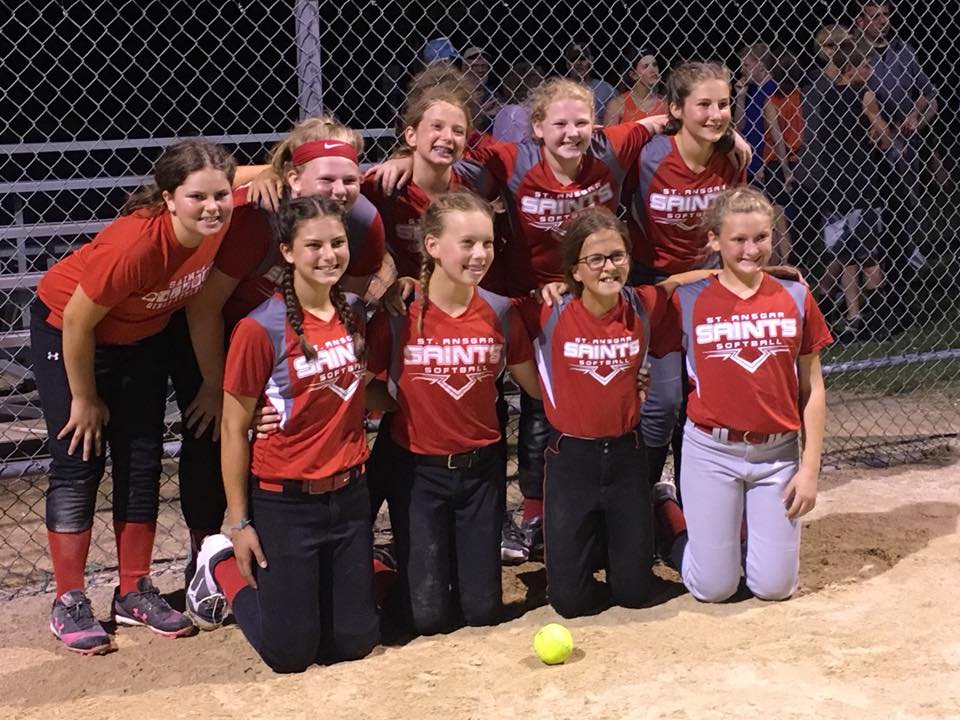 Last but not least, I’m still basking in memories of our trip to England, often recalling Winston Churchill’s grit in an almost impossible position. I know, I know, you may be getting sick of me mentioning him…can’t help it, though. I’m SO SO very grateful for how he played his role in history.
Last but not least, I’m still basking in memories of our trip to England, often recalling Winston Churchill’s grit in an almost impossible position. I know, I know, you may be getting sick of me mentioning him…can’t help it, though. I’m SO SO very grateful for how he played his role in history.